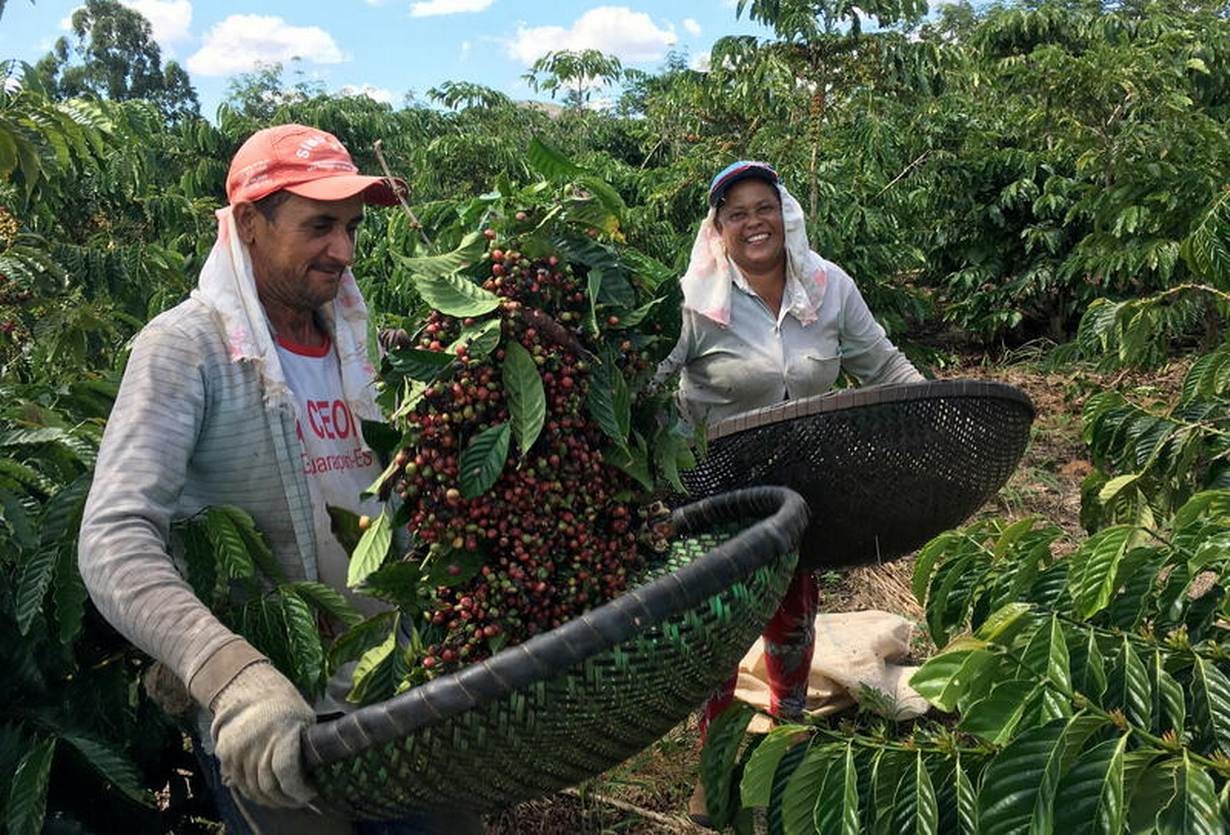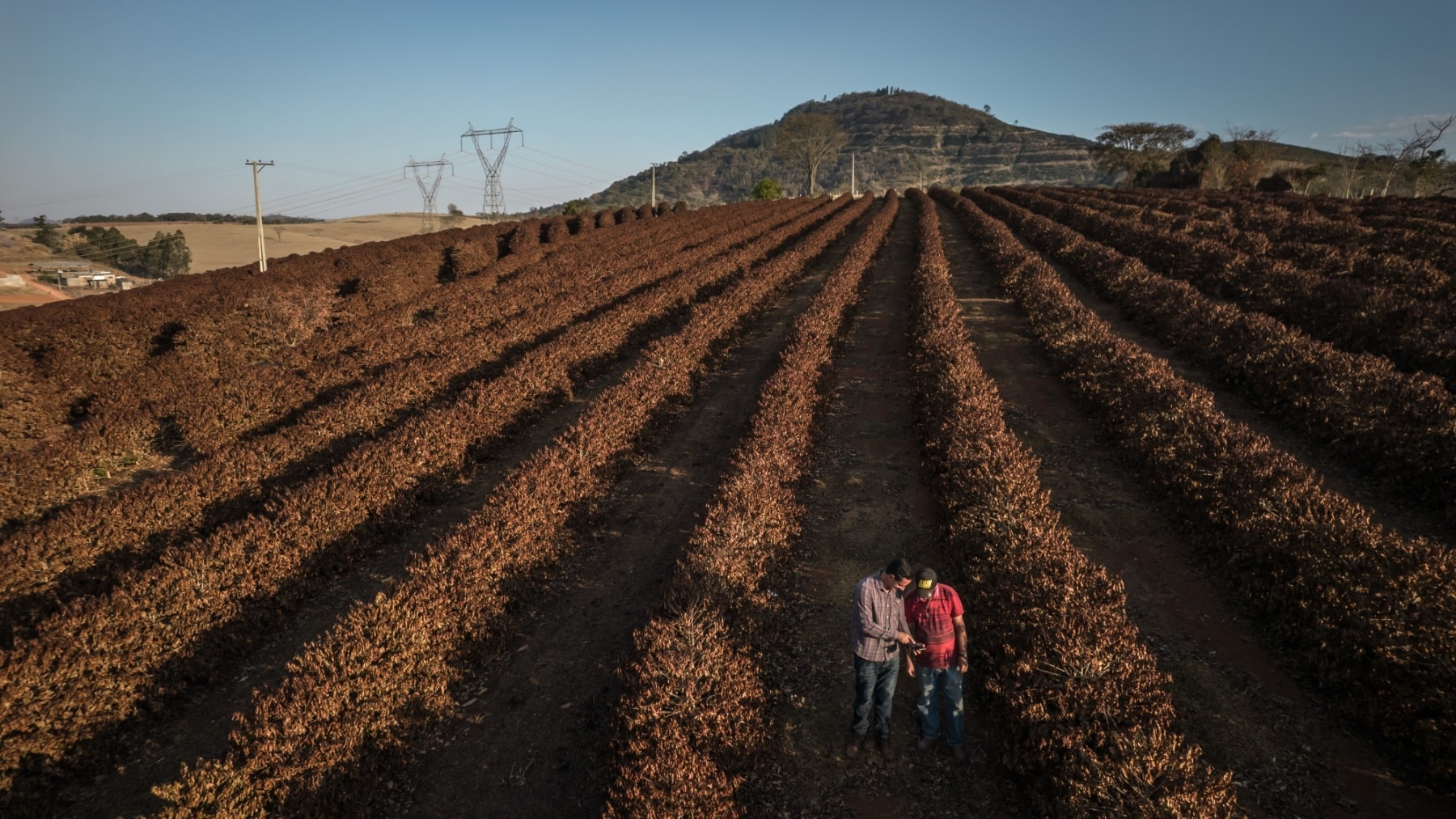China's coffee market benefits from US-Brazil trade tensions
Shortly after US President Trump imposed a 50% tariff on Brazil, China opened its doors to Brazilian coffee, the industry most affected by US tariffs.
Quick summary:
The US imposed a 50% tax on Brazilian goods, effective from August 7.
China rapidly expanded its imports of Brazilian coffee, licensing 183 companies.
Coffee is Brazil's main export to the US – accounting for more than 30% of US imports in 2024.
US tax reasons related to the trial of former President Bolsonaro.
China affirmed its willingness to strengthen cooperation with Brazil in many fields.
Brazilian Coffee: From Losses in the US to Opportunities in China
On Wednesday, the Chinese embassy in Brazil shared a video on its X (formerly Twitter) platform, with the message: “Chinese businesses are coming to Brazil,” with a prominent image of food delivery company Meituan.
The post also said: “Brazil is strengthening its presence in China with its beloved coffee.”
A few days earlier, China announced that it had approved 183 Brazilian coffee companies to export to the Chinese market for a period of five years. Another message from the embassy emphasized that coffee is gradually becoming a part of daily life in China.

America is the number one customer of Brazilian coffee.
The US is currently the world's largest coffee importer, with Brazil being the number one supplier, accounting for 30.7% of the 1.5 million tonnes of coffee the US will import in 2024.
But with new import tariffs of up to 50%, the Brazilian coffee industry risks losing a key market, opening the way for China to become a strategic alternative partner.
The Trump administration has made no secret of the political reasons behind its decision to impose tariffs. In an executive order signed last week, the White House accused Brazil of human rights violations by prosecuting former President Jair Bolsonaro, who is facing charges of plotting a coup.
Mr Bolsonaro, a close Trump ally, has denied all charges. Shortly afterwards, Mr Trump sent a letter asking Brazil to "immediately stop the trial", claiming that President Lula was conducting a political "witch hunt".
President Lula responded: “The Brazilian judiciary is independent. The president has no influence over the judicial system,” and insisted that Bolsonaro was being tried for his actions related to the coup, not for him personally.

Brazil prepares to respond, China calls for deeper cooperation
The Brazilian government said it would retaliate against the US tariffs, but did not provide details. President Lula said: “Brazil must be treated equally in all trade negotiations with the US.”
He also stressed that talks with the Trump administration cannot last indefinitely.
Meanwhile, Chinese Foreign Ministry spokesman Guo Jiakun said at a press conference: “Cooperation between Beijing and Brasilia has brought benefits to both countries,” and pledged that China will deepen its strategic relationship with Brazil.
China's latest move shows that the country is not only aiming for commercial benefits, but also taking advantage of the opportunity to strengthen its geopolitical position in South America, a region that has long been under US influence.
For the Brazilian coffee industry, shifting from the US market to China may open new doors, but also entail dependence and reorientation of production.
